Ant Treatment | Effective Ant Treatment Solutions for Your Home
Welcome to our comprehensive guide on effective ant treatment solutions for your home. Dealing with an ant infestation can be a frustrating and challenging task, but with the right strategies and treatments, you can regain control over your living space and protect your home from further damage. In this guide, we will provide you with expert advice and tips on how to eliminate ants, including indoor and outdoor treatments, natural remedies, and preventative measures. Let's get started!

Key Takeaways:
- Ant activity spikes in the spring and fall, and changes in weather can drive ants indoors.
- Correctly identifying ants is crucial to implementing the appropriate treatment.
- Indoor treatments, such as ant bait stations and sprays, can effectively eliminate ants.
- Outdoor treatments, including ant baits and sprays, help control outdoor ant populations.
- Natural ant treatments, like diatomaceous earth and essential oils, can deter ants.
How to Identify an Ant Problem
To effectively treat an ant infestation, it's crucial to first identify the problem correctly. Ants have distinct characteristics that set them apart from other pests, such as termites. By understanding these differences, you can implement the appropriate ant infestation treatment.
One of the key features of ants is their slender waist. Take note of the ant's waist, antennae, and leg length. Ants typically have a narrow waist, bent antennae, and longer legs, while termites have a thicker waist, straight antennae, and shorter legs. These physical attributes serve as useful markers for identifying ants.
Once you have confirmed the presence of ants, it's important to recognize the potential problems they can cause in your home. Ants have a penchant for entering through small openings, making it essential to seal off entry points and prevent further infestations. Ants can contaminate food, spread diseases, and even cause structural damage, making prompt treatment imperative.
"Ants can enter the home through small openings and can cause household problems, including contaminating food, spreading diseases, and causing structural damage."
Identifying ants correctly allows you to apply the most effective ant infestation treatment. By understanding their behavior and tendencies, you can implement targeted solutions to eradicate the infestation. Whether you opt for natural remedies or professional pest control services, accurate identification is the first step towards successful ant control.
Ant Infestation Treatment
Once you have identified the ant problem, it's time to take action with an appropriate ant infestation treatment. Whether you prefer natural remedies or professional assistance, addressing the issue promptly is crucial. By implementing the right treatment, you can eliminate the ant infestation and restore peace in your home.
Apply Indoor Treatments
If you have an ant infestation inside your home, it's important to take action promptly. Indoor treatments play a crucial role in eliminating ants and preventing them from returning. Two effective methods for indoor ant treatments are ant bait stations and ant spray.
Ant Bait Stations
Ant bait stations are highly effective because ants are social creatures that forage for food and bring it back to the colony. By placing bait stations strategically, you can attract ants to the bait, which they will then carry back to the nest, effectively eliminating the entire colony.
To maximize the effectiveness of ant bait stations, it's recommended to use both carb-based and protein-based baits. Different types of ants are attracted to different food sources, so using a variety of baits will ensure that you attract a broad range of ants and increase the chances of eliminating the entire colony.
Ant Spray
While ant bait stations are effective, using ant spray can provide additional control, especially in areas where ants already have an established food supply. Indoor ant sprays can be used to directly target ants and their trails, helping to eliminate them faster.
When choosing an ant spray, opt for non-repellent formulas. Non-repellent ant sprays are designed to be undetectable to ants, allowing them to come into contact with the product and unknowingly transport it back to the colony. This ensures that the ants carry the product deep into the nest, effectively eliminating the entire ant population.
By incorporating both ant bait stations and ant spray into your indoor ant treatment plan, you can target the ants directly as well as eliminate the entire colony. This comprehensive approach will help you eradicate the ant infestation, ensuring a pest-free home.
Apply Outdoor Treatments
Outdoor ant populations can pose a threat by potentially moving inside your home. To prevent this, it is essential to control outdoor ant activity. This can be achieved through the use of outdoor ant treatments, including ant liquid and ant granules. These treatments are specifically formulated to target ants in their natural habitat, keeping them away from your living spaces.
Ant liquid is an effective outdoor treatment option that can be applied around the perimeter of your yard and any outdoor structures. It acts as a potent attractant, luring ants away from your home. Ants are drawn to the liquid and consume it, carrying traces of poison back to their colonies, ultimately resulting in their demise.
Ant granules are another powerful outdoor ant treatment. These granules are designed to be scattered around the areas where ants are active, such as ant hills or pathways. As ants come into contact with the granules, they pick up the toxic substances and bring them back to their nests, effectively eradicating the entire colony.
It's important to note that while ant killer sprays can also be used for outdoor ant control, they may require more frequent re-treatment. These sprays can be used to target specific areas where ants are particularly problematic. To achieve optimal results, it is recommended to apply outdoor treatments on a dry day when there is no rain in the forecast.

When applying outdoor treatments, ensure that you focus on spraying around the perimeter of your yard and any outdoor structures. Additionally, lightly spraying closer to the foundation of your home can provide an extra layer of protection. By implementing these outdoor ant treatments, you can effectively manage and control outdoor ant populations, reducing the risk of ant infestations inside your home.
Consider Natural Ant Treatments
Natural ant treatments can be highly effective in eliminating ant infestations from your home. When dealing with ants, it's crucial to explore natural alternatives that are safe for you, your family, and the environment. Here are some natural ant treatments that you can consider:
Borax
One natural ant remedy is borax, a white powdery substance that can effectively kill ants. When mixed with sugar and warm water, borax can be used as bait traps to attract and eliminate ants. Keep in mind that borax should be used with caution, as it can be harmful if ingested by humans or pets.
Diatomaceous Earth
Diatomaceous earth is a natural ant repellent made from fossilized algae. It works by dehydrating ants and disrupting their exoskeleton, eventually leading to their demise. Simply sprinkle diatomaceous earth in areas where ants are commonly seen, such as entry points or ant trails.
Food-Based Repellents
There are several food-based repellents that can help deter ants from entering your home. Vinegar, spices like cinnamon and cloves, and citrus fruit peels are known for their ant-repelling properties. You can create a natural ant repellent spray by diluting vinegar or essential oils with water and spraying it around windows, doorways, and other potential entry points.
Remember to always read and follow label directions for the safe use of any natural pesticide. While these natural ant treatments can be effective for smaller infestations, larger-scale infestations may require the use of more stringent ant killers. Take the time to evaluate your specific situation and determine the most appropriate treatment method for your home.
Perform Preventative Maintenance
Ant infestations can be mitigated with the use of products, but treatment alone will only temporarily clear up the problem. To effectively prevent ants from entering your home, you need to perform regular and thorough outdoor maintenance. This includes:
- Trimming back foliage: Ants often use branches and shrubs as a pathway into your home. By keeping foliage trimmed, you can limit their access points.
- Removing debris: Ants are attracted to cluttered areas where they can hide and nest. Clear away any debris, such as piles of wood or leaves, that may serve as a potential shelter for ants.
To further ensure ant prevention, it's important to cut off their sources of food. Sweep up crumbs and spills promptly, store food in airtight containers, and seal garbage cans tightly. By keeping your outdoors clean and free from potential ant attractants, you can significantly reduce the likelihood of ant infestations in your home.
Remember, preventative maintenance is key to long-term ant prevention. By implementing these practices, you can proactively protect your home from ants and maintain a pest-free environment.
Borax: A Natural Ant Killer
Borax, or sodium tetraborate, is a powdery white substance that can effectively kill ants. Its natural properties make it a popular choice for ant control in households. A solution of borax, sugar, and warm water can be used as bait traps to attract and eliminate ants. The sweet scent of the sugar entices the ants to consume the solution, while the borax acts as a poison that disrupts their digestive systems, ultimately leading to their demise.
Boric acid, which is derived from borax, can also be used as an ingredient in DIY ant traps. It has similar ant-killing properties and can be mixed with other substances like honey or peanut butter to create enticing baits. When ingested by ants, boric acid affects their metabolism and causes dehydration, eventually leading to their death.
It's important to handle borax and boric acid with care, as they can be harmful to both pets and children. Keep these substances stored in secure areas that are out of reach. Additionally, take extra precautions when using them around food preparation areas to avoid accidental ingestion.

Using borax or boric acid as an ant control method is a cost-effective and environmentally friendly solution. However, keep in mind that while effective, these natural remedies may take some time to fully eliminate an ant infestation. It's essential to stay consistent with trap placement and to refill or replace baits regularly to ensure continuous ant control.
Essential Oils as Ant Repellents
When it comes to keeping ants at bay, essential oils can be an effective natural solution. Peppermint, tea tree, and lemon eucalyptus oils have been shown to repel ants due to their potent scents and natural properties.
To create your own natural ant repellent spray, simply dilute a few drops of essential oil in water. Mix well and transfer the solution into a spray bottle. Then, apply the spray around the baseboards and windows of your home, as these are common entry points for ants.
Using essential oil spray not only helps to repel ants but also leaves a pleasant aroma in your living spaces. It's a non-toxic alternative to chemical ant sprays and is a safer option if you have children or pets.
Caution with Essential Oils and Pets
"It's important to keep essential oils out of reach of pets, especially cats, which can become very ill if exposed."
While essential oils can be beneficial for repelling ants, it is crucial to exercise caution when using them around pets. Cats, in particular, are more sensitive to essential oils and can experience adverse reactions if exposed. Make sure to keep essential oils securely stored and away from areas accessible to your furry friends.
Image
Coffee Grounds and Other Natural Remedies
Coffee grounds, cinnamon leaf essential oil, and other natural remedies can be effective in deterring ants from your home. These natural ant remedies offer a safe and eco-friendly alternative to chemical treatments.
One natural remedy that can help keep ants at bay is coffee grounds. The strong aroma of coffee grounds can be repulsive to ants, disrupting their scent trails and making it difficult for them to navigate. Simply sprinkle coffee grounds around the areas where ants are commonly seen, such as entry points or along ant trails.
Cinnamon Leaf Essential Oil
Another natural ant deterrent is cinnamon leaf essential oil. The strong scent of cinnamon can act as a barrier and discourage ants from entering your home. Dilute a few drops of cinnamon leaf essential oil in water and spray it in areas where ants are frequently observed. This can be an effective method for both repelling ants and leaving your home smelling pleasant.
Additionally, other natural remedies such as lemon juice and brewed lemon eucalyptus oil can help deter ants. The acidity of lemon juice and the strong odor of lemon eucalyptus oil can be effective in repelling ants. Similarly to the coffee grounds and cinnamon leaf essential oil, these natural remedies can be sprayed or sprinkled in areas where ants are commonly seen.
Remember, when using natural remedies, it's important to dispose of infested houseplants and keep the outdoors clean to discourage ants from entering your home. By incorporating natural ant remedies into your pest control routine, you can effectively deter ants while minimizing the use of harsh chemicals in your living environment.
Conclusion
After learning about the effective ant treatment solutions discussed in this article, you are well-equipped to tackle ant infestations and safeguard your home. By correctly identifying ants and implementing the appropriate treatments, you can eliminate these pesky pests and prevent future infestations.
Remember, a combination of indoor and outdoor treatments is crucial for effective ant control. Utilize ant bait stations and sprays indoors to target ant colonies. For outdoor areas, opt for ant liquids and granules to control ant populations. Natural remedies, such as essential oils and coffee grounds, can also serve as additional ant repellents.
Furthermore, don't underestimate the power of preventative maintenance. Regularly trimming foliage, removing debris, and keeping your living spaces clean will help deter ants from entering your home. Consider seeking professional ant extermination services for severe infestations or if you prefer expert assistance.
By following these ant treatment solutions and incorporating preventive measures, you can create an ant-free environment in your home, ensuring the safety and well-being of your family and property.
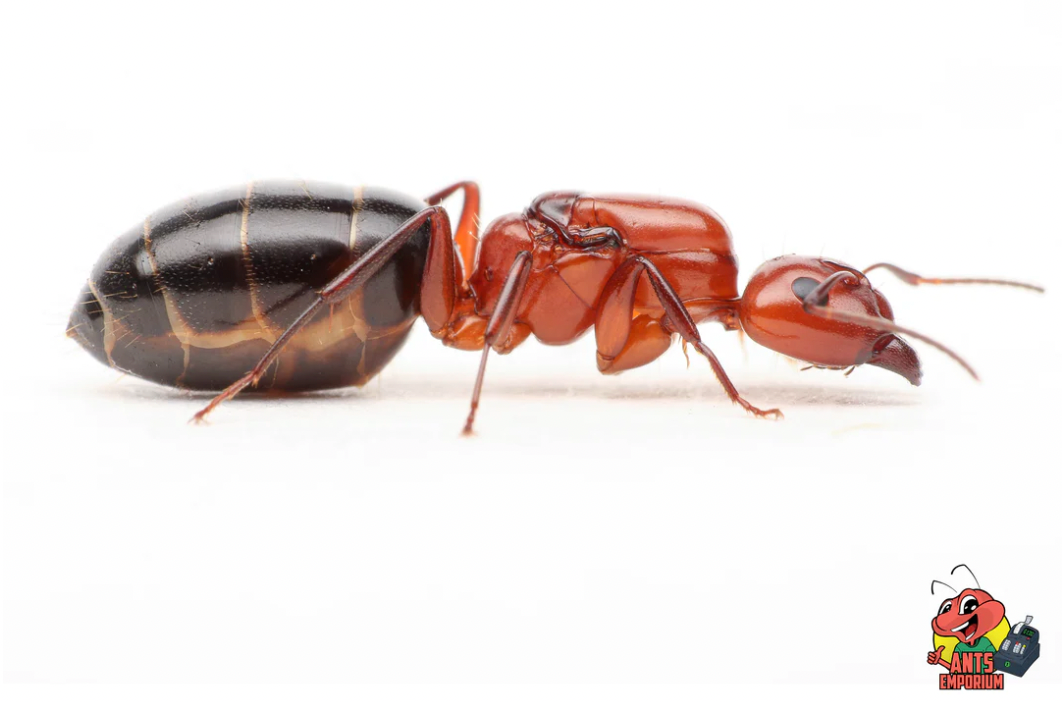

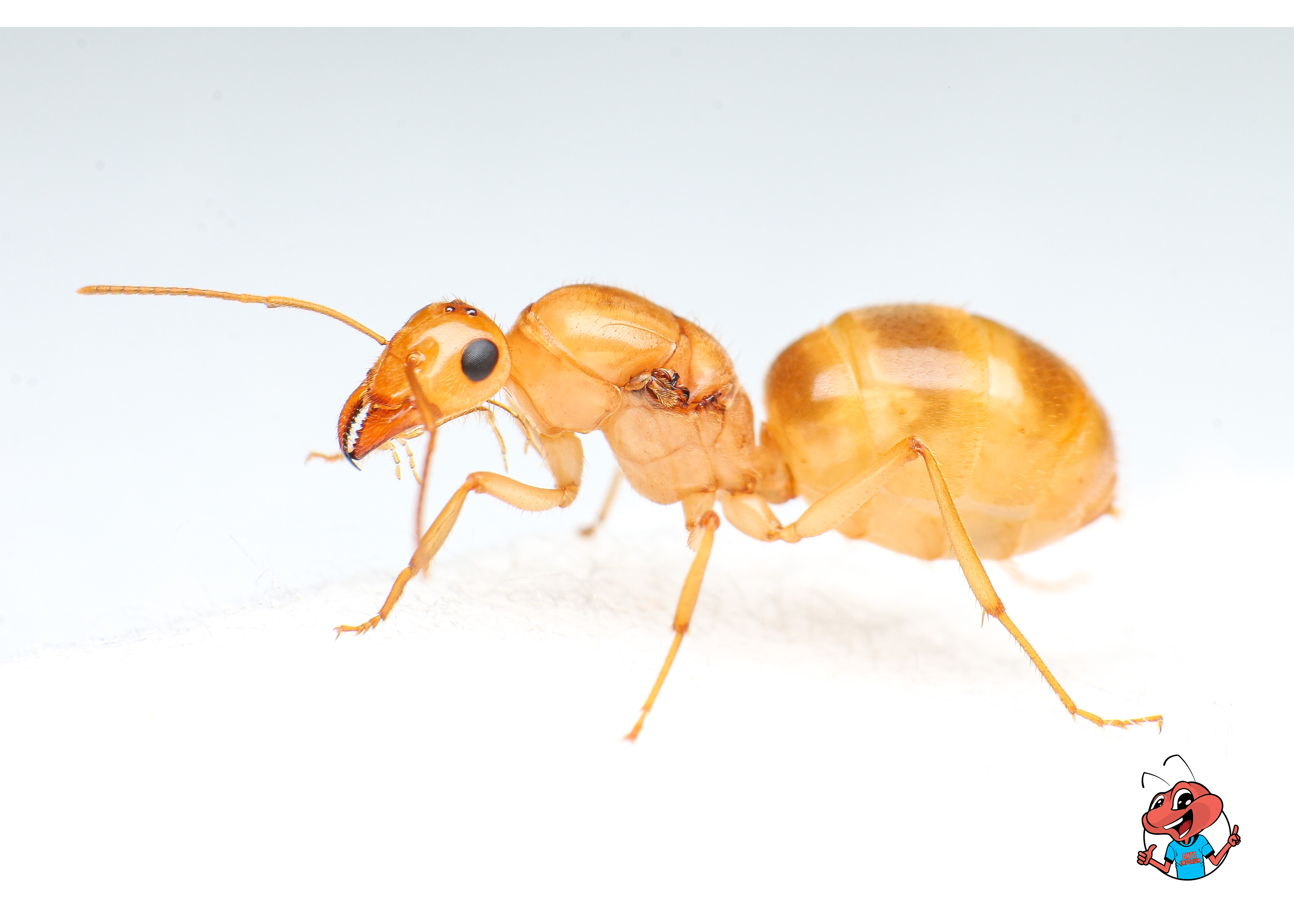
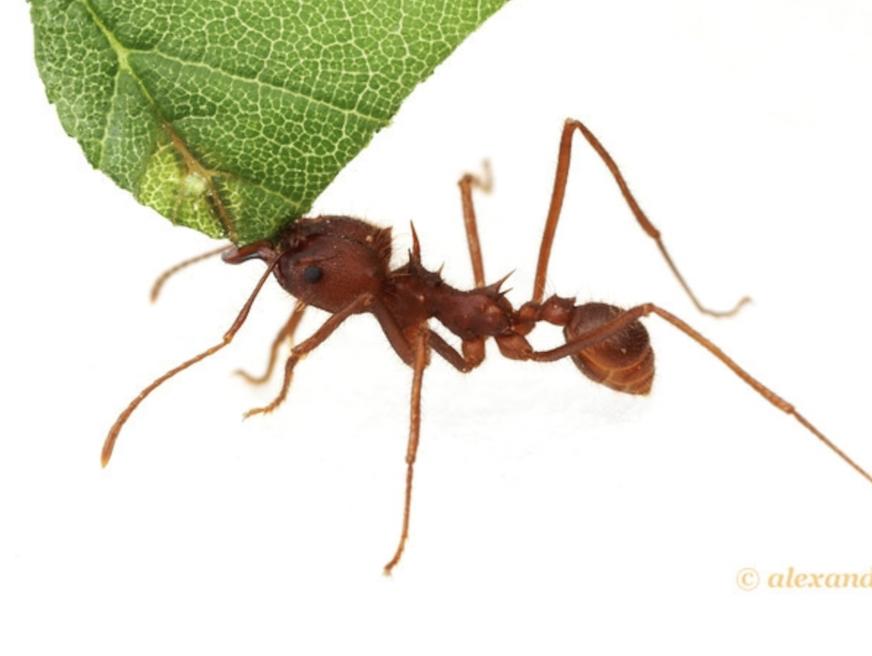
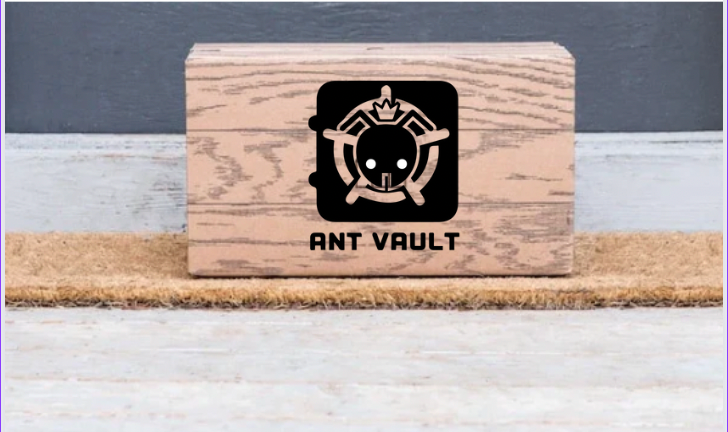


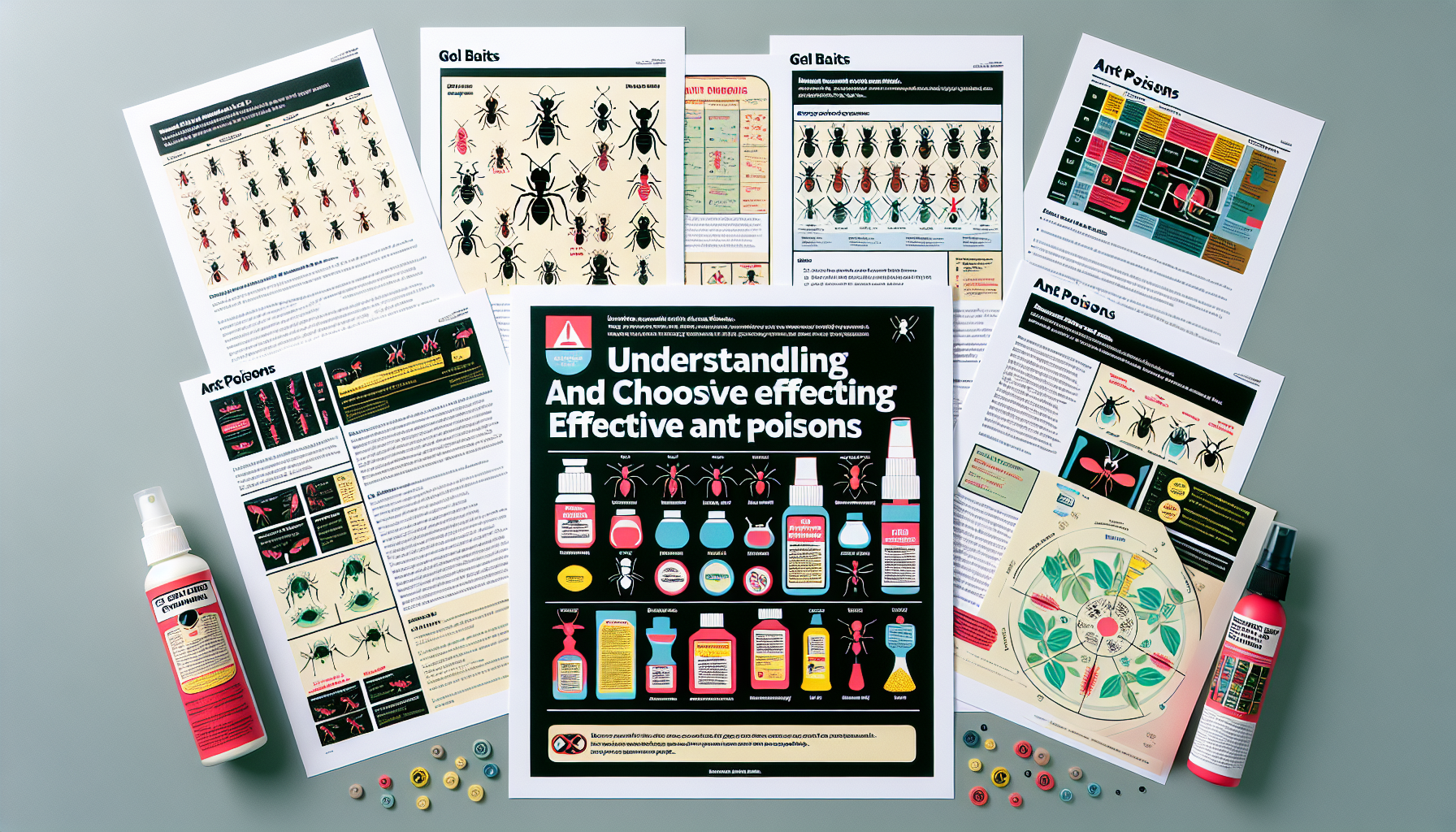
Leave a comment